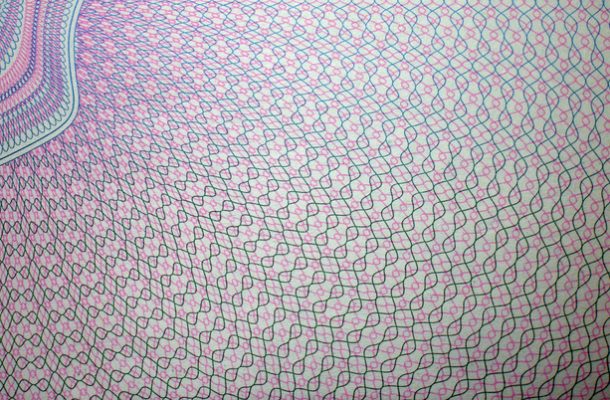Deloitte Access Economics report adds to migration debate

New Deloitte Access Economics analysis on Australia’s Significant Investor visa (SIV) program – and its economic and social potential – is set to add to the country’s ongoing migration debate.
The program is run by the Department of Home Affairs as part of its Business Innovation and Investment Program (BIIP), and offers a four–year provisional visa with a pathway to permanent residency for entrepreneurial and high net worth individuals (HNWIs) who invest at least $5 million into complying Australian investments.
The report, commissioned by Deloitte Private, in association with the Australia China Business Council analyses the SIV applicant journey and why applicants choose to come to Australia, and looks at the economic and social benefits that SIV applicants have made to date.
Launching the report with the ACBC at its annual Canberra Networking Day last month, Deloitte Private Managing Partner, Andrew Culley, said migration matters for Australia, and has benefited our country in so many ways for decades now.
“But the broader migration equation has also become increasingly complex as we seek to strike a balance between our humanitarian obligations and economic needs.
“The SIV program is an important part of this equation, and there is no doubt that SIV holders have the potential to significantly contribute to Australian innovation and growth.
“From Deloitte Private’s experience, we are confident the SIV group will prove to have a tangible impact in the longer term. Many are far from passive investors, and they are setting up business operations for long–term investing, raising families here and are committed to Australia and to their part in our country’s future.”
Deloitte Access Economics partner, and principal report author, Kathryn Matthews, said while comprising only a very small proportion of Australia’s broader migrant intake, more than 2000 SIV applicants have contributed over $10 billion into complying Australian investments since 2012.
“In dollar terms, their contribution has been significant, but there have been concerns, including from the Productivity Commission, that the SIV provides limited social and economy–wide benefits, when compared with other visa types.
“Changes to the complying investment framework in 2015 have certainly seen a shift in the investment mix towards emerging businesses, equities or corporate bonds and venture capital which has, in particular, benefited accordingly, including to the tune of an additional $90 million in FY17.
“We have also found that some SIV holders have undertaken additional investments beyond what has been required by the investment framework. This has been in passive investments, such as property and corporate bonds, but also in risker asset classes such as directly into a business, venture capital and growth private equity funds.
“Most don’t currently undertake investments outside the complying investment framework, however many have told us they would like to make more investment in Australia, and in areas as diverse as real estate, health science, medical and clinical research, renewable energy, and environmental management.
“But achieving permanent residency, and being able to develop a better understanding of the Australian business landscape over time – from legal and taxation frameworks, to building local business networks and capturing cross border synergies – are key here.
“Given that the program was only introduced in 2012, Australia may begin to realise greater economic benefits as more of the early waves of SIV holders make the transition to permanent visas.”


